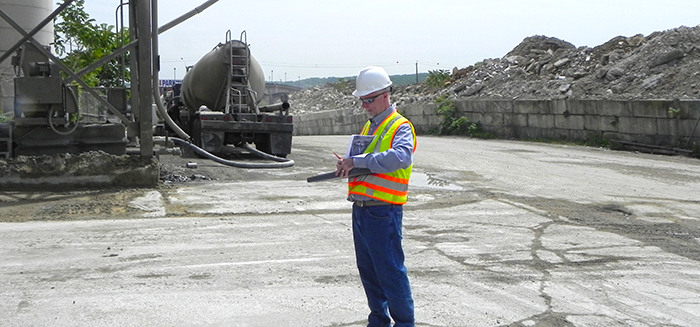A Phase 1 Environmental Inspection is a type of inspection that is used to assess the potential environmental risks associated with a particular project.
A Phase 1 environmental inspection is performed at the early stages of a project. This means that it is conducted before any significant construction or land acquisition takes place.

Image Source: Google
During a Phase 1 Environmental Inspection, inspectors will visit all proposed sites and review documents related to the project. They will also inspect the site to determine whether there are any environmental risks associated with it.
If there are any environmental risks associated with the project, the inspector will recommend measures to address them. If no environmental risks are found, the inspector will sign off on the project and give it the go-ahead.
By performing a Phase One Environmental Inspection early in a project, developers can avoid potential complications down the road. In addition, it helps investors feel more comfortable about a project and can help them be assured that the general public will not face any harm from a project.
The purpose of a Phase 1 Environmental Inspection is to identify potential environmental concerns that could impact the value of the property or pose a health risk to future occupants. The inspection can also provide valuable information that can be used to develop a remediation plan if contamination is found.